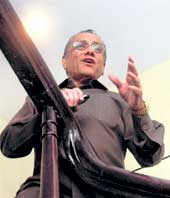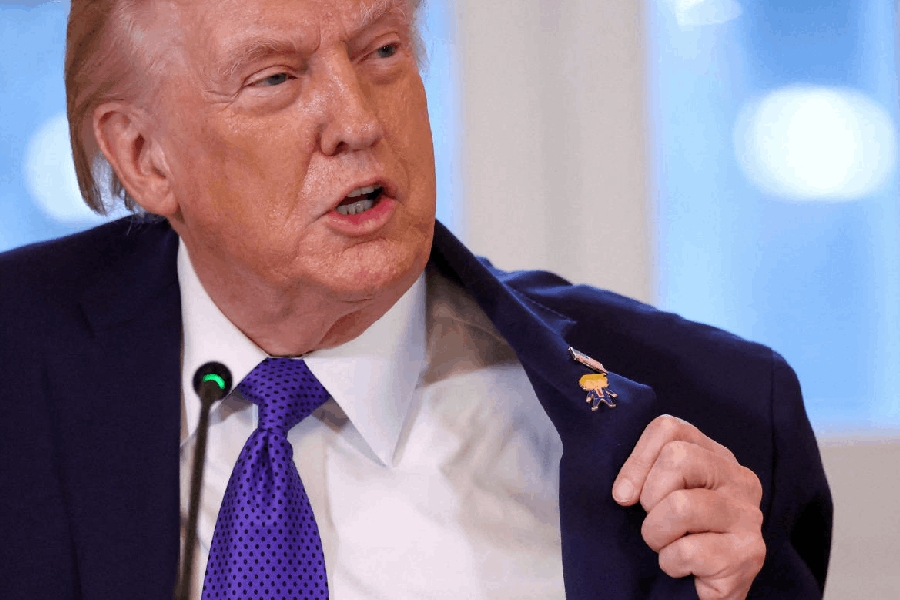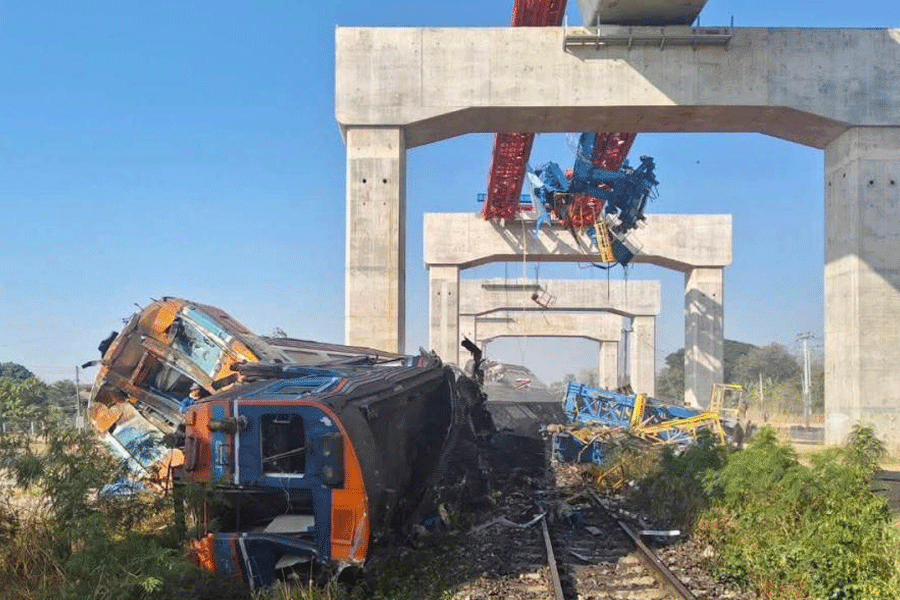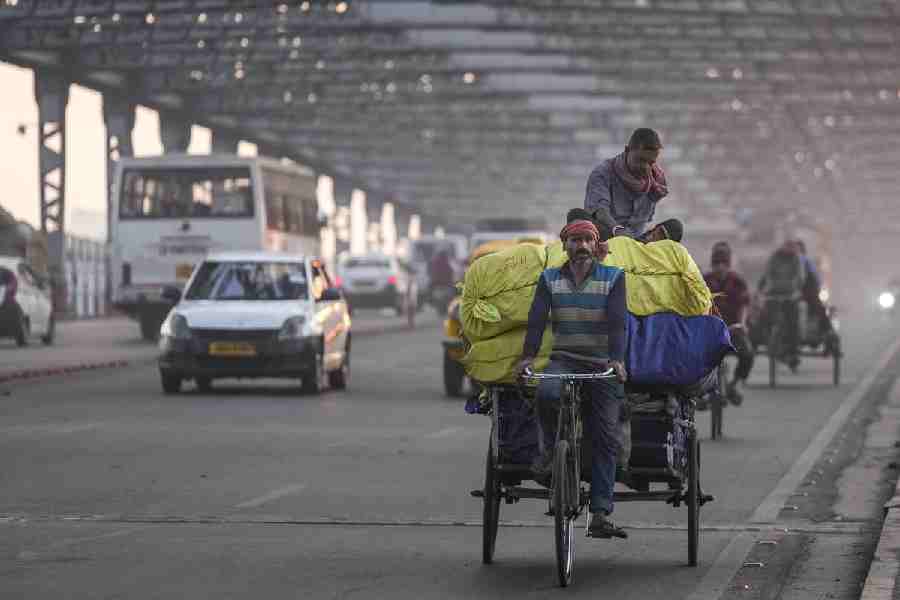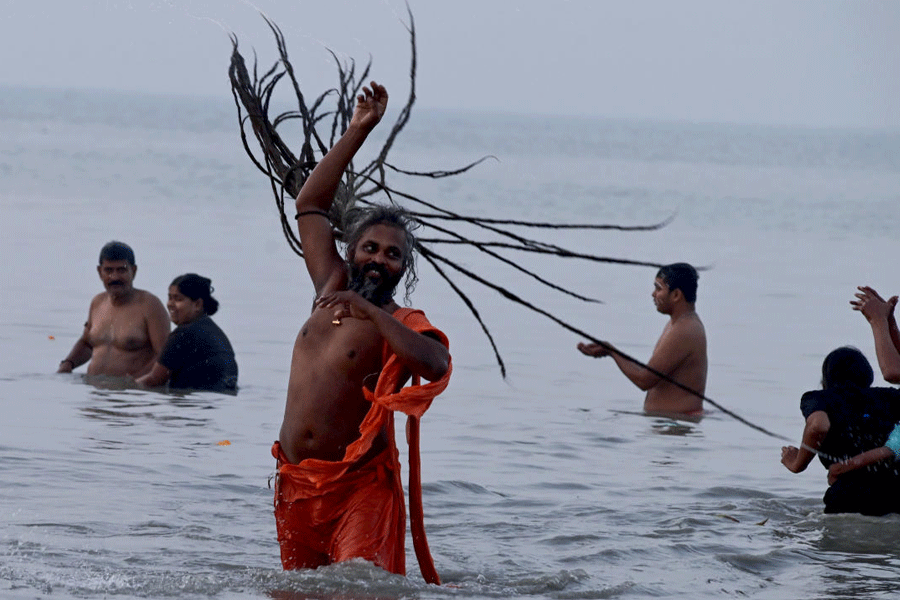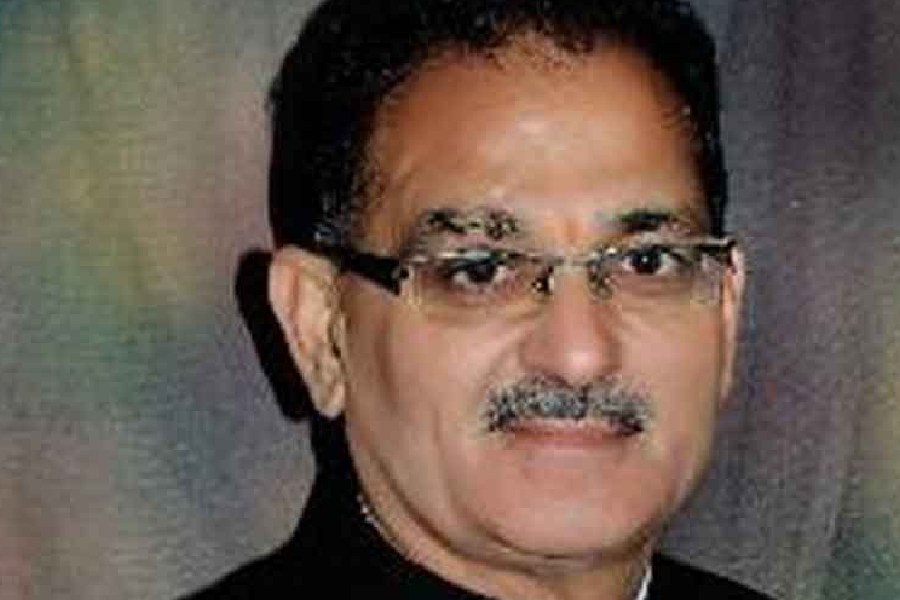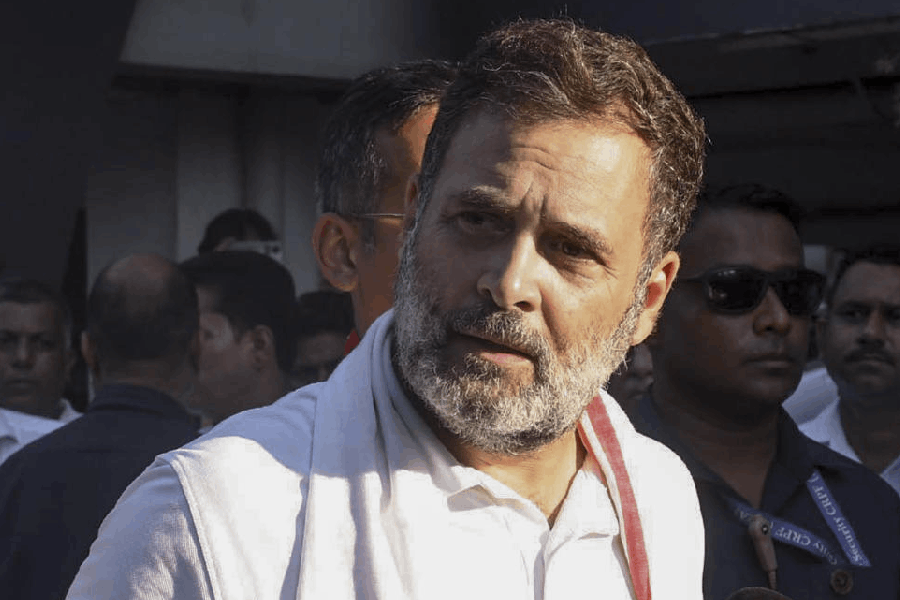 |
Jagmohan Dalmiya faces a dilemma. He cannot figure out whether he should listen to his heart or to his head. His heart — filled with angst — tells him to “avenge the humiliation” he has suffered at the hands of Sharad Pawar’s Board of Control for Cricket in India (BCCI). But his mind — sharp as ever — asks him not to do anything to prolong the legal wrangle he is caught in.
For Dalmiya, who won the first round of his legal battle against the BCCI in the Calcutta High Court last week, it’s clearly not easy to choose one over the other. But Dalmiya is a survivor. As a long-time associate puts it, he is a “born” fighter who baulks at throwing in the towel. The former cricket boss has all but “withdrawn” from the cricket world for the last 10 months or so but his determination to “clear his name” has not waned.
“He is hardly in touch with anyone involved in cricket nowadays. He is far too busy with the cases,” says Cricket Association of Bengal (CAB) trustee Gautam Dasgupta, a key Dalmiya aide for nearly 30 years. The July 20 court order came as a boost, but Dalmiya, no stranger to court cases, knows what lies ahead: a legal minefield that he will have to cross.
It all started in 2004 when Dalmiya tried to outdo Pawar by trying to install his own nominee, Ranbir Singh Mahendra, as the BCCI chief. The act again established his supremacy in the country’s cricket administration, but this time, as it turned out, he’d made a costly mistake.
Shortly after the Union agriculture minister queered Dalmiya’s pitch and wrested control of the country’s richest sports body in November 2005, Pawar ordered an inquiry into the affairs of the board. In a clear sign of things to come, BCCI secretary Niranjan Shah filed a complaint with Mumbai’s Marine Drive police station in March 2006, accusing Dalmiya of funnelling Rs 21.74 lakh from a BCCI bank account in Calcutta during the 1996 World Cup. In December last year, the board turned up the heat on Dalmiya further, expelling him from the BCCI and cutting his umbilical cord with the Cricket Association of Bengal. Dalmiya, CAB president for 13 years, resigned.
But not one to surrender, Dalmiya petitioned the Calcutta High Court in January this year, challenging his expulsion. The court stayed his expulsion and allowed Dalmiya to contest elections to the CAB and the BCCI, the doors of which the BCCI had slammed shut on his face. The court held that the BCCI Rules invoked to expel him were “void” as the rules, amended in September 2000, had not been registered with the registrar of societies in Tamil Nadu (where the BCCI is registered) within three months, as was legally mandatory. The court also slammed the BCCI for submitting a bogus “certified copy” of the registrar of societies, saying the rules were registered in March 2007 seven years after they were amended, prompting Dalmiya to file a case agaisnt BCCI on charges of perjury.
Not surprisingly, the ruling has left the former BCCI president relieved. He says the order has also “vindicated” what he all along said: the charges against him are “false and fabricated”. And yet, he feels troubled and his dilemma persists. As he sees it, court cases could take years and perhaps not lead to a solution. “Fighting a case is also a complete waste of time,” he says. But then, he knows he has “little” choice.
At times, when he looks at his children — son Abhishek and daughter Baishali — and notices the “suffering” on their faces because of the “slur they cast on me”, his heart seizes his mind and he can barely contain himself. “I owe it to my family, to my children, to fight back. I can’t go with this blemish, this black spot. I must prove my innocence,” Dalmiya, 65, says. His father smiles at him, as if in support, from a portrait on the walls of his office on Calcutta’s Shakespeare Sarani.
But fighting the BCCI and its charges against him is far from easy. BCCI secretary Shah says it will appeal against the ruling in the division bench of the Calcutta High Court as soon as the BCCI gets a copy of the order. “The charges against him are documented and we are ready to take the case to the Supreme Court if necessary,” he says.
BCCI lawyer Ankur Chawla says the court ruling was based merely on a “technicality” and that they are going to challenge it. He says Dalmiya may not have been an office-bearer in 2000 when the BCCI amended the rules, invoked to expel him last December. “But subsequently, Dalmiya became the BCCI president and remained so from 2001 to 2004. He, however, did nothing during his tenure to get the amended rules registered. Can he now take advantage of the legal chink he is partly responsible for? We will see him in court as all the charges against him remain,” the Supreme Court lawyer says.
Dalmiya is undaunted, though. He says he cannot plan ahead and that his next move will depend on what the BCCI would do. At the moment, he is busy managing his construction business as chairman of M.L. Dalmiya & Company. If his Man Friday, Kunal Kanti Ghosh, is to be believed, he has in the last seven months spent more time in his corporate office than he did in the last 15 years. Dalmiya quips that he has finally been able to “do justice” to his business.
Having spent nearly three decades at the helm of different national and international cricket organisations, Dalmiya stresses that cricket remains his passion. And he says he wouldn’t need a post to “serve” the game. But if he were to be born again — as a devout Hindu, he says he cannot escape thoughts of rebirth — he would rather be the same man involved in the same game. But without all those “wicked” people in the BCCI, thank you.

